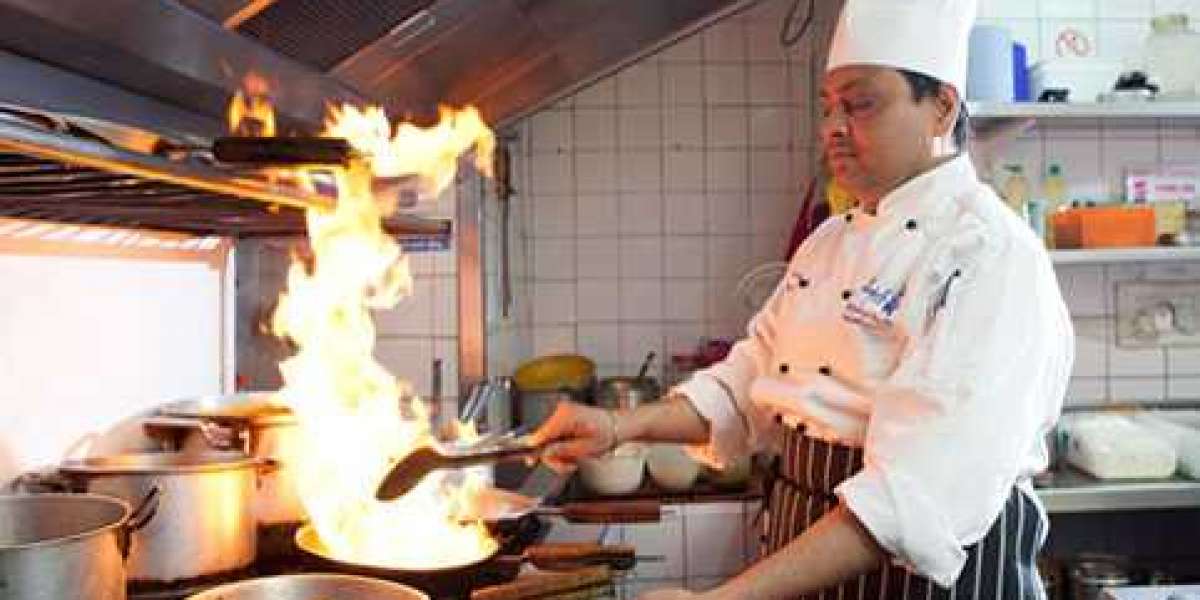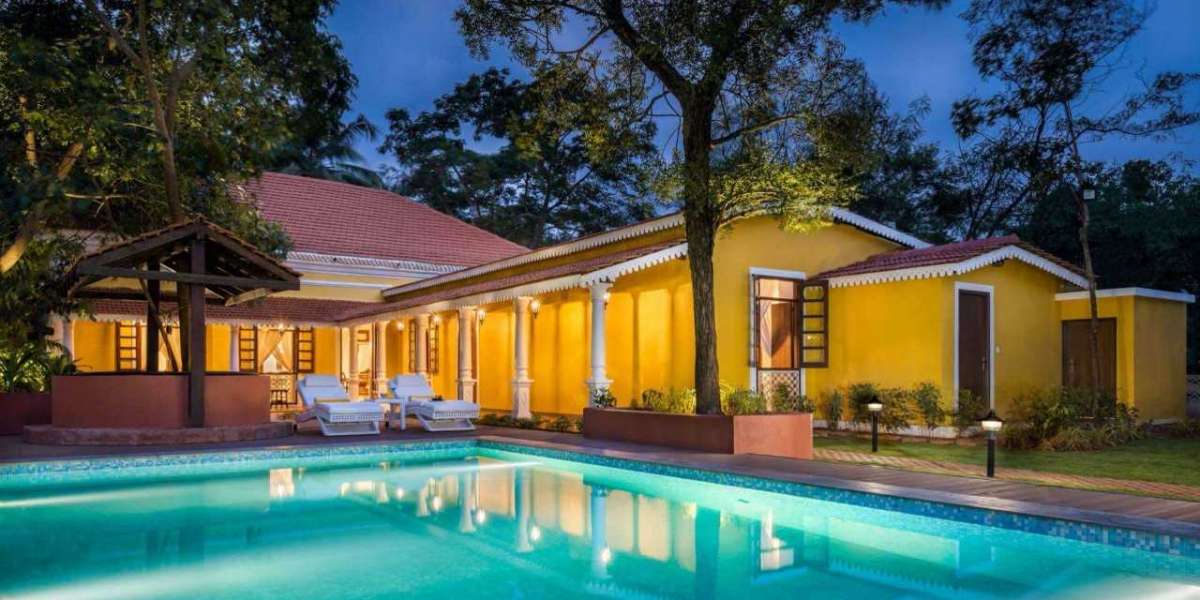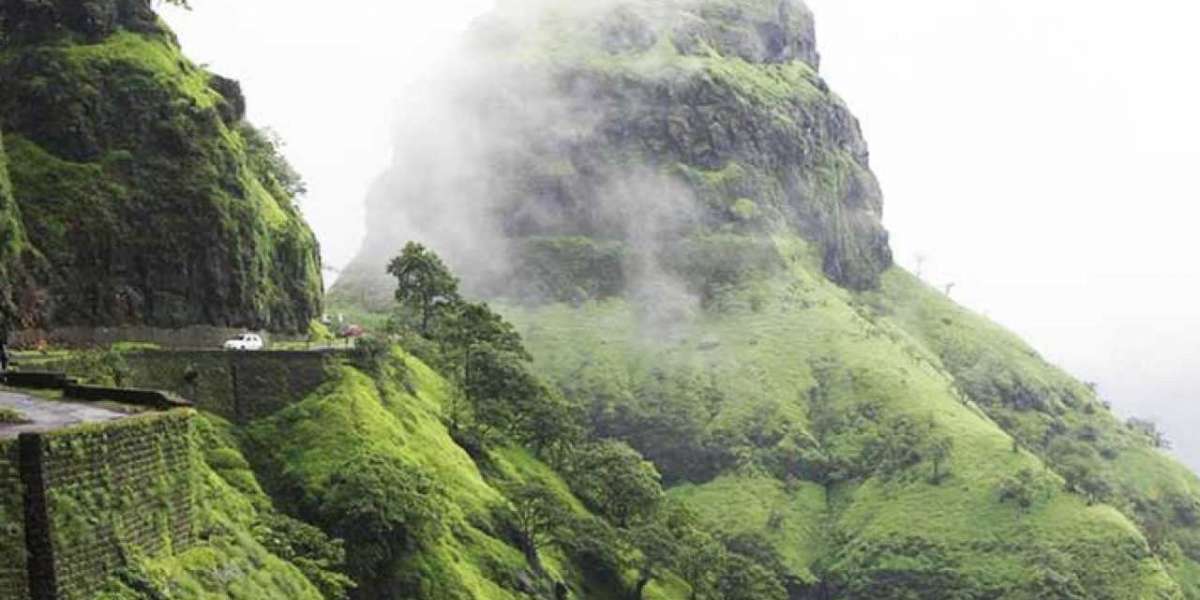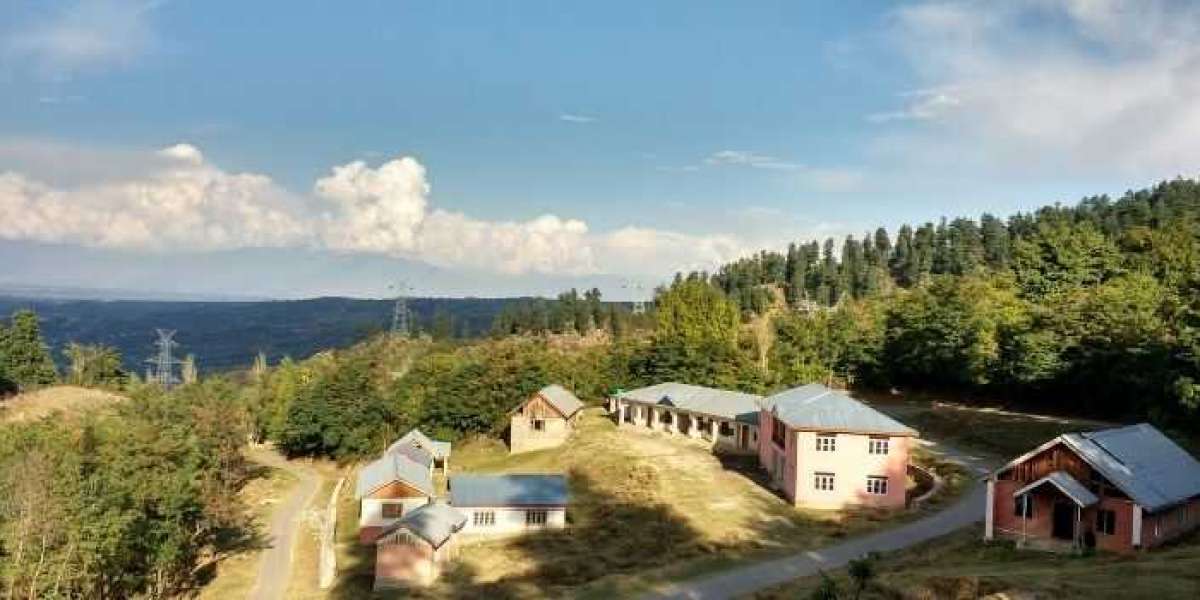The core vision laid out by FAITH is that of Tourism - Made in India. As per their vision, India should aim to become one of the most preferred Tourism destinations both for domestic and international tourists offering best in class tourism experiences, infrastructure services and to enable Indian tourism entrepreneurs to create value for all their stakeholders.
As per the World Economic Forum, tourism 2019 competitiveness study, India was ranked at 34th among 140 countries. This ranking is up from 2013 when Indian tourism was ranked at 68th. The goal is to move India into the Top 20 rank in global tourism competitiveness in 5 years post COVID-19 normal.
In line with this vision, FAITH has proposed the following Budgetary themes for Indian Tourism for Union Budget FY 21 - 22:
- One India, One Tourism
- Export competitiveness
- Domestic leadership
- Capital Formation
- Removing inefficiencies
- National Tourism Council is required since Tourism encompasses multiple ministries and takes place in and within states. National Tourism Council must be chaired by the PM and co-chaired by the Tourism Minister and composed of Chief Ministers of all states and cabinet ministers of Government of India and must be a legislative body on the lines of GST council.
- The Concurrent Industry Status is required for Hotels tourism across all states as, unlike commercial establishments, tourism hospitality doesn’t just retail but creates and produces high-quality service. Power and water utility rates and levies must be at industrial rates effectively. All existing licenses, permits, permissions will be thoroughly examined for redundancies and standardized at a national level. There must be a level playing field in terms of compliances and entry requirements among all sub-segments of conventional and alternate tourism organize the travel industry and protect it from fly by night operations.
- Export Status is critical to double India’s share of inbound tourism to 2.5% in 5 years. It is key to Treat at par foreign exchange earning members of tourism, travel and hospitality under export and deemed export status to promote forex earnings. It is important to make available the deduction in respect of earnings in convertible foreign exchange to all the tourism hospitality units earning. Tourism forex earnings should be effectively zero-rated for GST.
- Accordingly, SEIS duty credit needs to be made available to the tourism industry against their foreign exchange earnings and the rate must be pegged at 10% for both tour operators and hotels category and is made applicable on gross foreign exchange earnings for the policy period of the FTP 2020-25.
- Global Mice Bidding Fund is required to be the setup of ₹ 500 CRS to double mice share to 2.5% of the global mice size of $ 800 bn. In the global international congress associations rankings, this will also enable to meet the goal will be to take India’s rank to the top 10 in the world from 28 where we are currently.
- To create structured global awareness of multiple Indian tourism verticals Corpus of least ₹ 2500 crores is required for global branding budget Sub Branding of three Tourism segments Indian MICE, Indian adventure, Indian Heritage under the Incredible India main brand. This will involve a comprehensive global focus on creating segment brand ambassadors, country-wise customized content, mass and social media buying and significant creatives.
- In the post-COVID normal, each of the Indian missions abroad in each country should be activated with tourism resources for enhancing Indian tourism brand and sales distribution in all countries and also host India tourism evenings in each of the top 100 cities of the world.
- India’s size of domestic tourism must be doubled to almost 4 bn domestic tourism visits in 5 years post-normal and as such, there needs to be made an income tax exemption on traveling within India income tax credits for up to ₹ 1.5 lakhs when spending with GST registered domestic tour operators, travel agents, hoteliers, and transporters anywhere within the country. It is also needed to incentive Indian corporates to undertake domestic mice (meetings, incentives, conferences events) by offering a 200% weighted income tax expense benefit to Indian companies that are undertaking mice events in India.
- A Natural Cultural Heritage Restoration Fund must be set up with a corpus of at least ₹ 2000 crores which encourages sustainable and responsible development around each vertical of natural cultural heritage tourism be it in Mountaineering, cruising, trekking, wildlife reserve forests based activities, snorkeling, paragliding, whitewater rafting, conservatories, paragliding, ballooning, desert safaris in natural heritage or our palaces forts, our monuments museums, our food, arts crafts our historical sites for our cultural heritage
- To increase the intensity of high-quality hotel accommodation in India which is currently low which has a direct correlation to low global tourism share. To increase classified quality hotel infrastructure, that would imply a mammoth capital expenditure which can only come from the private sector and that requires a long term favorable low-interest rate regime as Hotels are projects with a long breakeven period. Hotels thus require to be declared as an infrastructure sector so that long term funds are accessible at suitable interest rates to attract private capital hospitality, to create all Indian jobs, and build quality accommodation supply.
- To enable tapping of hotel land across states, a national hotel SPV is recommended on a tripartite model which enables state governments PSUs to pool their land assets which can enable PPP based on lease structures and not a sale. This will drive immense hospitality capital into India.
- A structured mechanism is required to future secure travel agents’ payments to ensure that security for travel agents operators’ survival. This is key as Travel agents’ payments to principals is unsecured credit and some form of mechanisms whether escrow or guarantee or underwriting based mechanisms are needed to be in place to ensure that travel agent's money stays secure. The recently formed ECLGS under MOF which is administering the emergency credit guarantee fund must be used to set up a travel agent underwriting fund.
- To truly ensure a seamless tourist transportation experience it is needed to standardize all inter-State road taxes and make them payable at a single point which will facilitate the ease of doing business. A national Tourism transportation policy must be laid out to that effect.
There are certain policy issues which need to be addressed for tourism GST:
- The 18% GST category for hotels above room rates of ₹ 7500 must be abolished and merged with the category of 12% GST.
- Restaurants too have an 18% and also 5% slab but which is without setoffs. The 18% category needs to be abolished and there needs to be an option made available of GST at 12% with full set-offs. Additionally, the needs to be no linkage to room tariffs above ₹ 7500 as it currently exists.
- Taxes on fuel, Interstate transportation taxes, power cess, liquor excise and also property taxes, cess on parking charges, are all forms of very high cost input indirect costs on tourism, travel hospitality. These need to be made available as input costs setoffs for GST to truly make us one country, one tax.
- The GST on Tour operators should be 1.8% with full set-offs. Hotels need to be able to levy IGST to enable them to give GST credits to Indian corporates who do Interstate events and do not take these events internationally. This will streamline the complete GST chain and boost interstate corporate mice demand for hospitality.
- 100% tax exemption and permission to write back income / TDS/ GST etc when airlines windup or closedown must be provided for.
- TCS must be abolished, as it is an additional compliance hazard. Reduction in credit card processing charges by banks/ financial institutions is key towards 100% e-payments.
- It is important to bring overseas global OTA’s operating in India into the tax net of GST and other taxes.
The implementation of these measures will put Indian Tourism on the line of vision of Tourism - Made in India.
News Courtesy: HI







